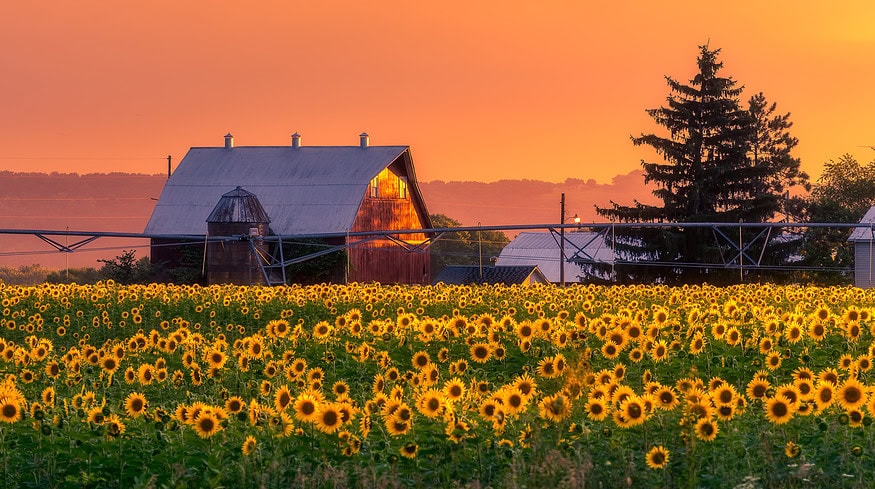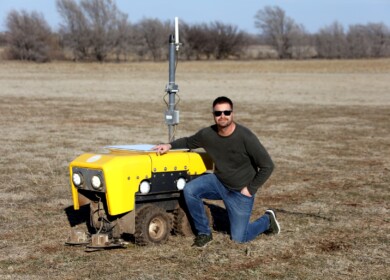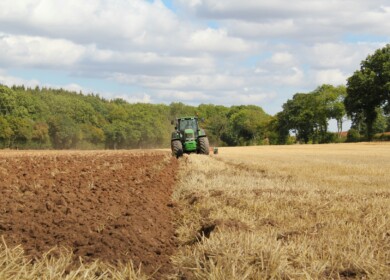Young Wisconsin farmers adopt regenerative practices

Rochelle and Evan Schnadt, who hail from agricultural backgrounds in Wisconsin and Iowa respectively, have been cultivating their land in Lodi, just north of Madison, Wisconsin, for the past six years. They are deeply invested in integrating farming into their family narrative, a tradition they are passionate about passing on to their young children, Leighton and Ellery.
With a commitment to regenerative agriculture, the Schnadts are pioneering the use of no-till and cover crops over their 50 acres, focusing on heirloom corn, among other unique crops. These practices, they believe, not only enhance the soil quality but also add value to their land, which they began acquiring from Rochelle’s parents through various loans including those from the USDA’s Farm Service Agency.
The couple’s approach is holistic; they are continuously learning how various regenerative practices can work together systemically. Evan Schnadt notes that understanding the interplay of no-till farming and soil biology is crucial to their success. This methodological shift towards regenerative agriculture is seen as a long-term investment, akin to a financial plan that matures over time.
Despite the challenges of operating a smaller farm, the Schnadts find advantages in being more nimble and maintaining lower production costs with older, smaller equipment like their 1984 John Deere 4420 combine. They believe that this approach not only sustains their family’s livelihood but also positions them to responsibly expand and enhance their agricultural practices.
Building a supportive community through social media and farming networks has also been pivotal for the Schnadts. Engaging with other farmers and sharing their journey online has reinforced their commitment to regenerative methods, providing both inspiration and practical advice to enhance their farming operations.
By documenting and sharing their experiences, Rochelle and Evan aim to connect with a broader audience, advocating for a deeper understanding of where food comes from and the significance of sustainable agricultural practices. Their story is a testament to the evolving world of agriculture where tradition meets innovation, ensuring the land remains fruitful for generations to come.
Source: Successful Farming
Enjoyed this story?
Every Monday, our subscribers get their hands on a digest of the most trending agriculture news. You can join them too!













Discussion0 comments